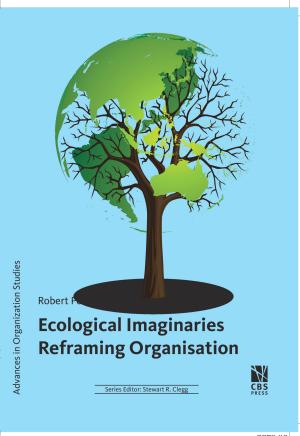Humanity faces an ecological crisis of its own creation. The many facets of this crisis include human induced climate change, reduction in biodiversity in a broad range of ecosystems, increasing rate of species extinctions, and the impacts on social systems that span equity of access to food and water, human rights, and the well-being of individuals and societies. This ecological crisis is widely acknowledged and there have been many attempts at organisational and societal levels to redress its negative impacts, yet despite the widespread effort there seems to be little progress being made.
The research for this book investigated organisational enactment of sustainability. The findings highlight barriers concerned with meaning construction that view nature as an excluded other. The proposition of this book is that successful adoption of sustainability, at all scales, needs new narratives to facilitate the emergence of meanings of sustainability conducive to the inclusion of nature and argues for the need to create a new social imaginary (ies) to support ecological sustainability.
A contribution of this book is to provide the frame of metabolic organisation, a different conceptual foundation to the three dimensions of sustainable development: economic, environmental and social, to stimulate the creation of new ecological imaginaries.
Metabolic organisation is defined as a multi-scalar systemic framework comprising three interdependent concepts: metabolism, values and enmeshment, and brings together three distinct strands of theory: social and biological metabolism, value theory and ecological theories.



